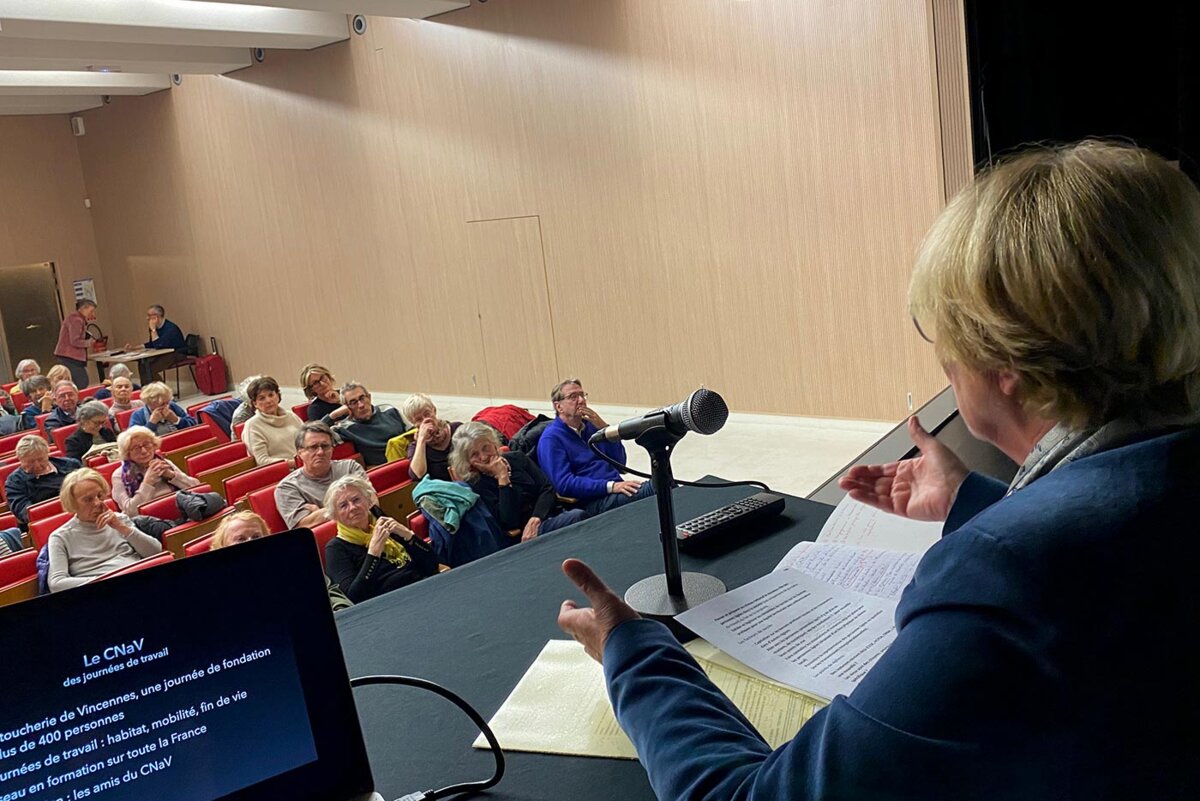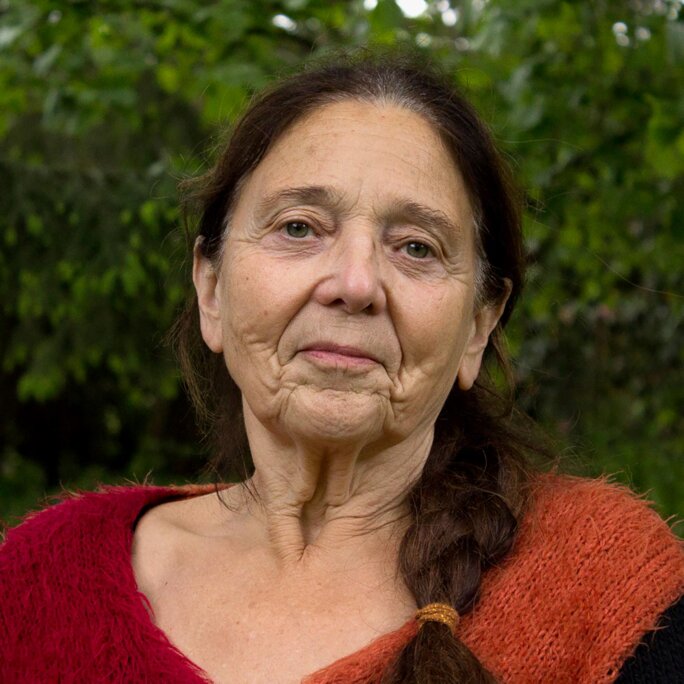The French government is currently preparing draft legislation aimed at introducing a legal framework for wider powers for the medical profession in assisting the ending of the life of a person in serious physical sufferance and who wishes to die. President Emmanuel Macron wants the completed bill to be submitted before parliament at the end of this summer.
Euthanasia and assisted suicide is currently prohibited in France, where medical intervention in relieving a patient’s suffering is limited to the administration of deep sedation only in the final stages of the illness of a patient suffering intolerable pain. Those with incurable degenerative diseases and who wish to end their lives before those final stages are reached, have only the option, if they have the means, of doing so in countries which allow euthanasia or assisted suicide, notably Belgium and Switzerland.
The issue is controversial, and work on the draft legislation, dubbed “the end of life” bill and which will also re-define the laws surrounding palliative care and patients’ rights, is already facing numerous obstacles. Several nurses’ unions and associations, and also the medical profession’s representative and regulatory council, the Ordre des médecins, have expressed opposition to changing the current laws. While opinion surveys indicate that around two-thirds of the adult population are in favour of introducing options for medically assisted suicide, the National Consultative Committee on Ethics, an independent public body, has warned that “for numerous healthcare workers, assisted suicide and euthanasia” are “contrary to the Hippocratic Oath”.
“I want to be able to decide on the day, the hour, the minute, the second, of my death,” said Emmanuèle Jeandet-Mengual, 74, a retired senior civil servant with the French health ministry, adding that she was concerned about the opposition to the bill among some healthcare staff “because we will need them”.
Jeandet-Mengual is a member of a high-profile, campaigning association called the Self-proclaimed National Committee for Old Age (le Comité national autoproclamé de la vieillesse), or CNaV, many of whose members are former medical professionals. “It is time that society’s choices for the elderly in terms of housing, mobility, culture, finances, access to rights and to healthcare are taken by and with those who are the most concerned,” it declares on its website. It has around 1,500 members, young as well as old, of whom 80% are women.
Mediapart sought the views of the association on the draft legislation which, while it concerns all of the adult population, is naturally of particular interest to its members. One of them, Annette Bon, 84, a former history teacher, said doctors had “a narrow conception of the Hippocratic Oath”, adding; “The Ordre des médecins, the lobbies and the religious authorities are not in favour [of widening the legal rights to an assisted death]. One can understand, but one must not confuse ‘give the possibility’ with ‘decree an obligation’.”
In January, the CNaV held a two-day conference in Paris to debate the issue, when it heard guest speaker François Damas, a Belgian doctor who is the head of the intensive care unit at the Citadelle hospital in Liège, who argues in favour of euthanasia and assisted suicide.
Following the conference, the association published a document setting out its position in which it underlined “three fundamental points”. These were: “To allow each person the freedom to decide upon their death for themselves, and the conditions for this”, “To give each person the means to determine [their lives] themselves, and to obtain the accompaniment to die which best suits them”, and also that “We are ready to actively participate in talking about death in society, to socialise it”.

Enlargement : Illustration 1

“Many among us are ready, if necessary, to act by themselves, by assisted suicide, helped by simple citizens, in all freedom, responsibility and autonomy,” the document read. “But others […] would prefer to be able to meet a doctor during this preparation for dying, and also that a doctor be there on the given day to facilitate the passage, with benevolence and competence, a voluntary doctor, [who is] in agreement with the approach and trained to properly carry it out.”
Francis Carrier, 68, is one of the four founding members of the CNaV, which was created in 2021. A retired IT engineer, and a gay rights activist (he also founded a movement called “Greypride), he is HIV positive. He recalled the worst years of the AIDS crisis, before containing treatments were available. “There was no legislation on the ending of life but it was practiced everywhere, in hospital, in apartments,” he said. “The doctors were not subjected to a legal constraint and knew how to take on their responsibility, and have humanity.”
He wants to see a “global vision towards old age and the end of life”, arguing: “It’s as if one talks about abortion without talking about feminism […] Why dissociate a law that is only concerned with euthanasia and assisted suicide without taking into account the place of the elderly in society?”

Enlargement : Illustration 2

The parallel between the pro-abortion feminist movement of the 1970s (when the slogan “my body, my choice” in the anglophone feminist world was interpreted by French feminists as “my body belongs to me”) and the issue of assisted death is shared by others in the association, including Emmanuèle Jeandet-Mengual. “There are many obstacles for this law, but my generation obtained the pill and the right of abortion and knows what it is to win rights,” she said. “I hope it will rise up, that it will rebel. We say ‘my death belongs to me’.”
Annette Bon also draws the parallel. “Women [in France, before abortion was legalised] used to go to have an abortion in Belgium, Spain, England. Today, people go to Belgium or Switzerland [for assisted suicide]. Equality for every individual in face of death is not there.” As a retired member of the CFDT trades union, the largest in France, she attended its 2018 national congress when she tabled an amendment to its motion on the issue of assisted suicide in which she called for “the right for every person to die in dignity”. It was adopted by a vote of 93% in favour.
People aged 75 or more account for 20% of the total number of suicides in France, although this age group makes up just 9% of the population, according to a 2020 report published by the French health ministry’s National Observatory on Suicide.
There is a concern that isolated and depressed elderly people could turn to assisted suicide or euthanasia because of their burden. “It’s a real risk,” said Jeandet-Mengual, “but a law on medical assistance to die does not exempt the public authorities from developing palliative care and social accompaniment to put an end to isolation. If some elderly people had more resources, were not isolated, their ideas of death and suicide would certainly not be as strong. But all the same one must reserve the possibility for those who say ‘I want to decide about the day when, for me, it’s over'.”
“Does not our society push [elderly] people to despair?” asked Carrier, who said many are “reduced to being a vegetable just waiting”.
One of Carrier’s CNaV co-founders is Véronique Fournier, a retired cardiologist, former director of the Paris hospital administration’s Clinical Ethics Centre and chairwoman of the French health ministry’s National Centre for Palliative Care. “I very much fear an evolution [of the law] that will see assisted suicide as practiced in Oregon; as a doctor, I absolutely cannot see myself prescribing something to someone and saying ‘there you are, you will have it for the day you wish, goodbye’. When people come asking for that, they are really at the end of the very end of their tether. The stage of death is a difficult one to cross, and as a doctor one must know one should be there. Providing accompaniment in [the process of] dying is a part of the job.”
Marie de Hennezel, a psychologist specialised in palliative care and member of the CNaV, disagrees. She is opposed to draft legislation widening medically assisted death. “The generation of baby boomers [editor’s note, 60-80-year-olds] was built on the value of autonomy, and demands the right to decide on the moment of one’s death, but things are different for those aged 80-100,” she said. “They know in an obscure way that their wish to die in their bed, in calm and surrounded, will not be respected, and fear more than anything of being considered a weight on society.”
The CNaV plans to hold a “counter-salon of the elderly” in Paris later this year, a gathering that will debate many issues of old age, including medically assisted suicide. “It’s a reference to ‘counter-culture’,” said Francis Carrier. “The elderly are so poorly thought of that it’s necessary to be counter-current, impertinent, funny and attractive old people!”
-------------------------
- The original French version of this article can be found here.
English version, with some added reporting, by Graham Tearse


